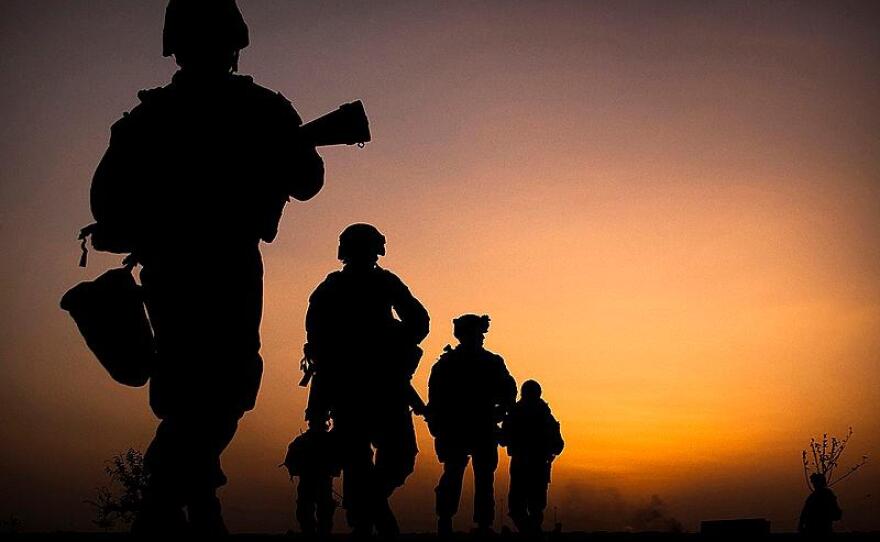In the days following the suicide car bombing in 2004, Carlos didn’t feel angry. He didn’t feel frightened. He didn’t even mourn the men who were so brutally killed that day. Carlos didn’t feel anything at all. He was completely numb.
He learned to detach himself from his own well-being. He accepted what he assumed was his impending death; it was clear to him he would not make it out of Iraq alive. Carlos wrote goodbye letters to his wife Patricia, his two children, and both of his parents.
When his team would leave the gate every day to sweep the road from Al Qa’im to the train station, Carlos felt calm. Odds were, he would return to the United States in a flag-draped coffin, and he was OK with that. He felt a sense of peace he hadn’t known before.
By his third and final deployment to Iraq, Carlos viewed the enemy in a different way. He no longer felt anger or animosity toward the Iraqi insurgents. He realized both sides were simply doing their jobs. He almost felt respect towards the so-called enemy. If they were ever able to kill him, it would simply be because they had a better day on the job than he did.
Carlos’s third deployment to Iraq would be his last overseas. He returned to his home base, which at that time was Twentynine Palms in Southern California’s Mojave Desert.
Carlos decided to put in orders to go somewhere else, do something else. In order to get promoted in the Marines you have to be willing to try new things - show the Corps you can be valuable to them in different ways. So Carlos was sent to Camp Pendleton.

Carlos’s new job was getting the young men of the 3rd Battalion, 5th Marines – the Darkhorse Battalion, as it’s called – ready for their approaching deployment to Afghanistan.
It was during this time that feelings of guilt began to seep into Carlos’s structured and regimented life, feelings he couldn’t push back any longer. All the emotions and memories Carlos wouldn’t allow himself to feel while he was serving in Iraq came flooding back to him en force.
Without the distractions of combat, symptoms of PTSD began plaguing Carlos’s everyday life. He began to drink heavily to blot out the depression and anxiety he was feeling.
And the guilt.
Later today, "Even the Devil Can't Fool a Dog" - Part 6
(Read the previous installment of “Even the Devil Can’t Fool a Dog” by clicking here.)






